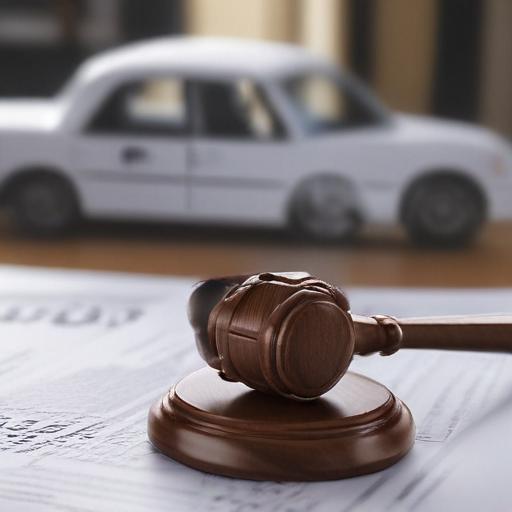A patent infringement lawsuit is emerging that could significantly disrupt Uber’s operations and potentially affect numerous other companies within the mobility industry. The case, brought forth by Carma Technology, was initiated after the firm claimed that Uber infringes on five of its key patents concerning the system for matching riders and available vehicle space, which is crucial to the ride-sharing industry.
This lawsuit, filed in the U.S. District Court for the Eastern District of Texas, stems from a prolonged dispute that dates back nearly a decade. Carma Technology, which was founded in 2007 by Sean O’Sullivan, is pursuing a jury trial, a permanent injunction against Uber, mandatory future royalties, and damages due to Uber’s infringement.
In 2016, when Uber was valued at $66 billion and expanding aggressively across the globe, Carma alleges that it reached out to Uber regarding its patents. O’Sullivan maintains that despite Uber’s market dominance, Carma possesses essential intellectual property. Supporting this claim, O’Sullivan pointed to multiple rejections of Uber’s patent applications by the U.S. Patent and Trademark Office (USPTO) between 2016 and 2019 because of Carma’s existing patents.
The nine-year delay in legal action can be attributed to several factors. O’Sullivan explained that startups primarily focus on market growth rather than on immediate litigation, emphasizing that the costs associated with suing a major company like Uber might exceed $10 million. Carma initially hoped Uber would license the patents without proceeding to court but ultimately decided that legal action was the necessary course of action.
Carma’s lawsuit centers on five foundational patents, rooted in O’Sullivan’s experiences with traffic congestion in 2007, which led to the creation of a smartphone-based automated carpooling system. Carma’s app, launched in 2008, allowed drivers to accept ride requests and process payments, resembling modern ride-hailing applications.
Intellectual property attorney Larry Ashery noted the complexity of the case, mentioning that Carma has a sophisticated strategy related to its patents. The five patents are part of a larger family of 30 patents, indicating that Uber might face multiple claims.
This lawsuit represents not just a fight for Carma but also poses questions about the reliability of patent protection in the tech industry, a concern raised by O’Sullivan. He pointed out that approximately 60 other companies might be infringing on similar patents, making the outcome of this case potentially pivotal for innovation and intellectual property rights.
Though challenging for both companies, this legal battle holds the potential to reshape the dynamics of how innovation is safeguarded and incentivized in a rapidly evolving technological landscape. The results may lead to greater awareness of the importance of intellectual property and inspire other inventors facing similar situations.
